
Dylan Voller, the Aboriginal teenager at the centre of the royal commission into youth detention in the Northern Territory, has been bailed to the BushMob rehabilitation program in Alice Springs.
BuzzFeed News travelled to Alice Springs to spend time with young people already in the program and whose stories echo Voller's own.
Voller, 19, is currently serving three years and nine months in prison for aggravated robbery. His sentence is due to end in October.
Last year, he became the unenviable face of the Indigenous youth detention crisis engulfing the territory.
It was the disturbing footage, aired by the ABC's Four Corners program, of Voller and several other Indigenous boys being brutalised by detention centre staff that prompted prime minister Malcolm Turnbull to set up the Royal Commission into the Protection and Detention of Children in the Northern Territory.

On Thursday the Northern Territory Supreme Court approved Voller to be bailed to BushMob, a residential program for young people with substance abuse issues.
Voller will participate in the four-month program and must adhere to 16 strict bail conditions, after which a judge will assess his suitability for early release.
When he steps through the doors of BushMob's nondescript compound in an industrial area on the outskirts of Alice Springs it will be history repeating itself.
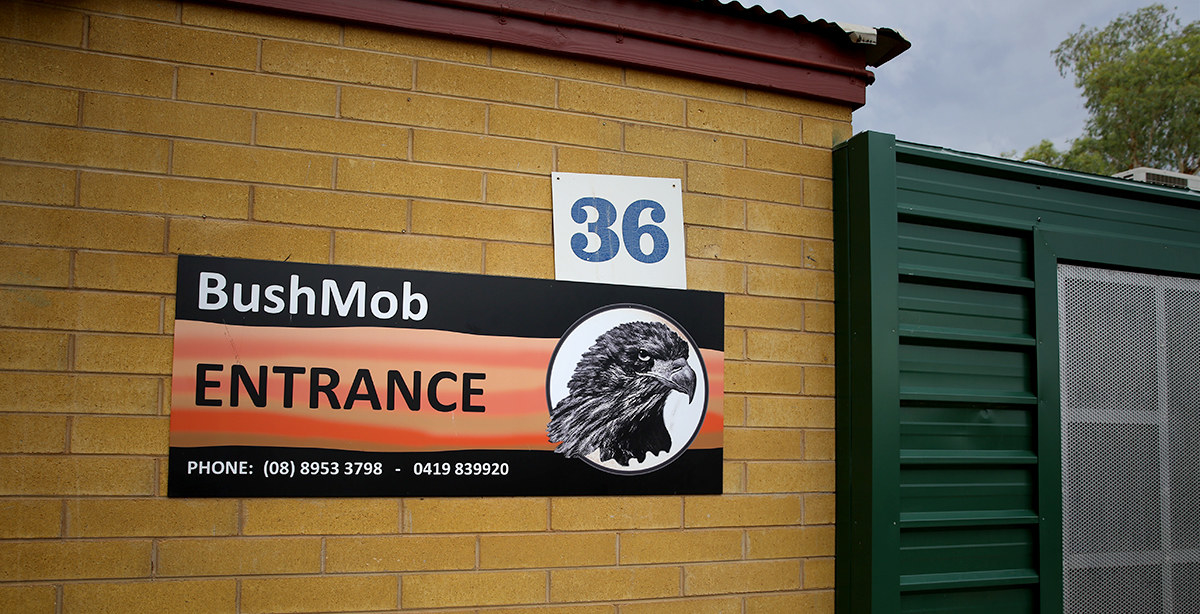
Voller was a 12-year-old boy the last time he was in the care of BushMob.
"We had him here around 2012, 2013", Will MacGregor, the CEO of BushMob, told BuzzFeed News.
"The problem then was the lack of follow-through care. Government agencies that were meant to look after him dropped the ball. He was completely set up to fail by the system."
For Voller, who has spent just a year and a half out of custody since the age of 12, BushMob is the last hope of turning his life around.
The question now is whether BushMob's brand of hands-on therapy will be enough to undo the damage caused by an adolescence behind bars.
BuzzFeed News spent time at BushMob in Alice Springs and met a handful of young Aboriginal people who've experienced more trauma in their short lives than most Australians will in a lifetime.
"I started drinking just to let the memory [of being beaten] go."
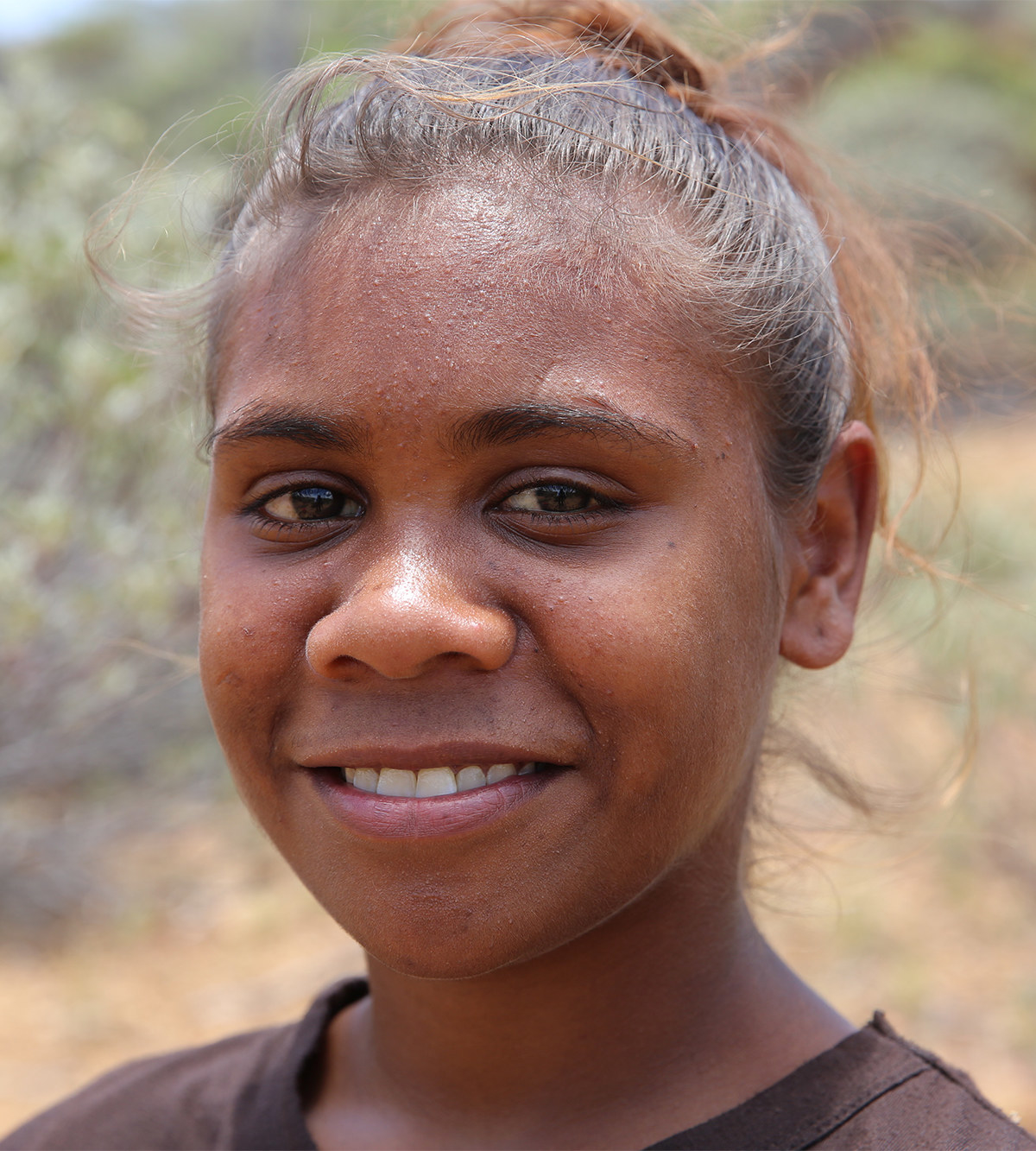
Shazney Martin, 16, came to BushMob in August last year from the small remote town of Tea Tree.
Martin told BuzzFeed News that if she wasn't at BushMob she would "probably be drinking herself stupid" or "dead".
At 15, she started drinking heavily and smoking marijuana to self-medicate from the trauma caused by a childhood of extreme physical abuse.
The alcohol coupled with an unsafe home led to her roaming the streets at night "fighting and getting cheeky with cops".
"I started [drinking] when I was 15 because I got abused by my mum," Martin told BuzzFeed News. "I started drinking just to let the memory [of being beaten] go. She hit me a lot, she’s in jail [now]. I got burnt by cigarette butts a lot, she bashed me a couple of times."
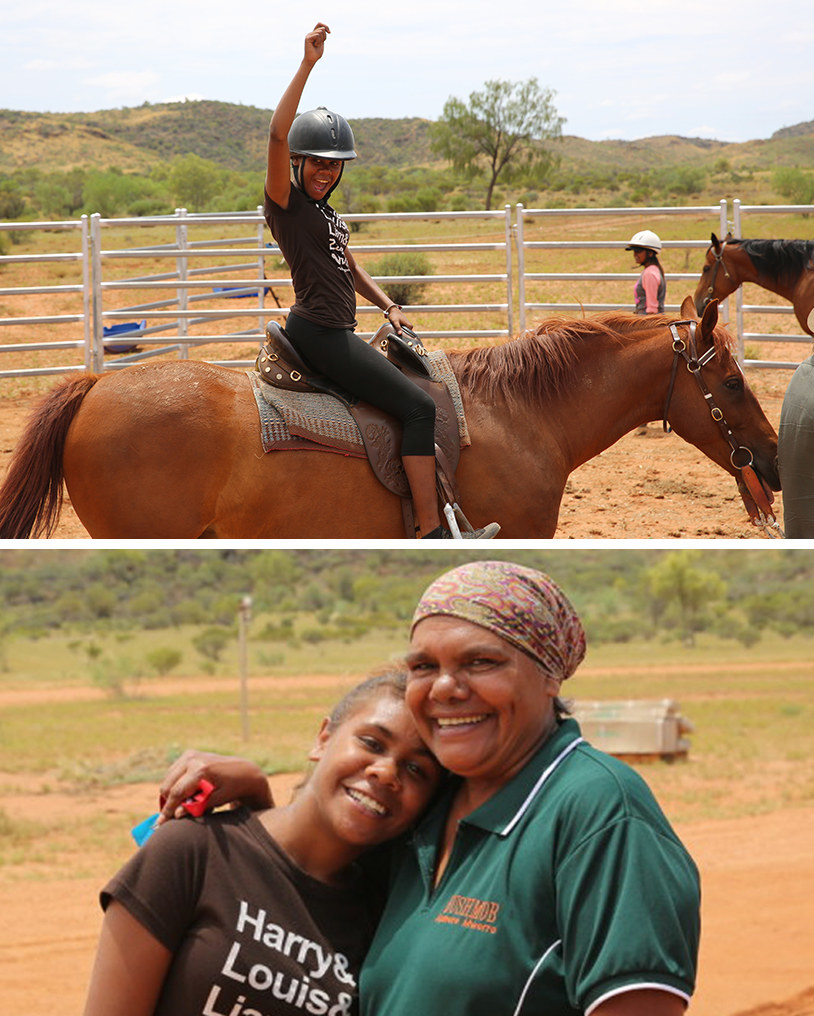
Martin was one of thousands of young Aboriginal people in the NT who can't see a way out of poverty and trauma.
"I got in trouble by the police for walking the street and I was a smart-arse to them cops. Some of them are racist and they swear a lot. They call us a black mutt... I got locked up in the watch house," Martin said.
But Martin's criminal career was cut short when the court allowed her to attend BushMob's 16-week course.
"Now I got a job at KFC. It feels good to work. BushMob saved my life. I am proud of myself," Martin says before jumping on a horse and cantering around Love's Creek, a property owned by BushMob.
Horse riding is part of BushMob's Apmere Mwerre ("Good Place") program, which takes some of the NT's most troubled young people to the vast East Arrernte farm to work.
"If they weren’t here they would be in Don Dale [Youth Detention Centre] or juvie somewhere else, or in town running amok," said Eileen Bloomfield, a traditional owner of Love's Creek who oversees the Apmere Mwerre program.
"They find out here there’s more to life than walking the streets, sniffing [fuel and inhalants] and getting in trouble with police."
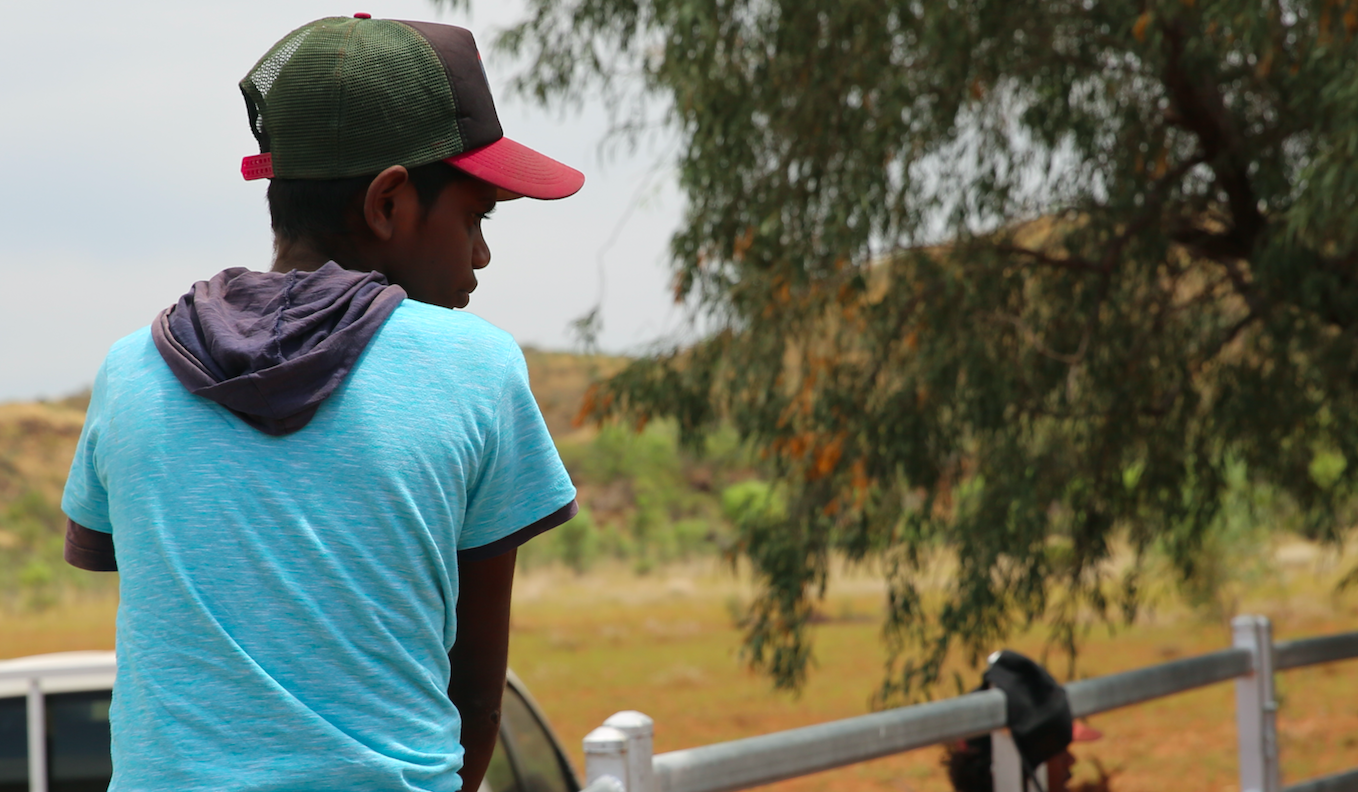
BushMob only has enough funding for 20 beds and is the only service in the NT offering residential care for young people with substance abuse issues.
"We've got young people from all over the NT, there [are] bugger-all places to put them north and south and middle," Macgregor told BuzzFeed News.
Around 95% of young people using BushMob's services are Aboriginal and there is a "huge waiting list" for a bed.
Each year around 700 young people access BushMob and 110 of those attend the residential program.
The majority of referrals for residential care come from the NT Department of the Attorney-General and Justice. When BuzzFeed News visited the facility only two residents had come in voluntarily; the rest had been ordered by the court to attend.
MacGregor admitted the current 16-week-program allowed "barely enough time to tackle these complex issues" but said he doesn't have the "money to extend the length".
"Realistically it would be nice to have people here for six months or a year. Some of the drugs these kids are using – like inhalant misuse or ice – a year is a good time because there is an allowance for healing," MacGregor said.
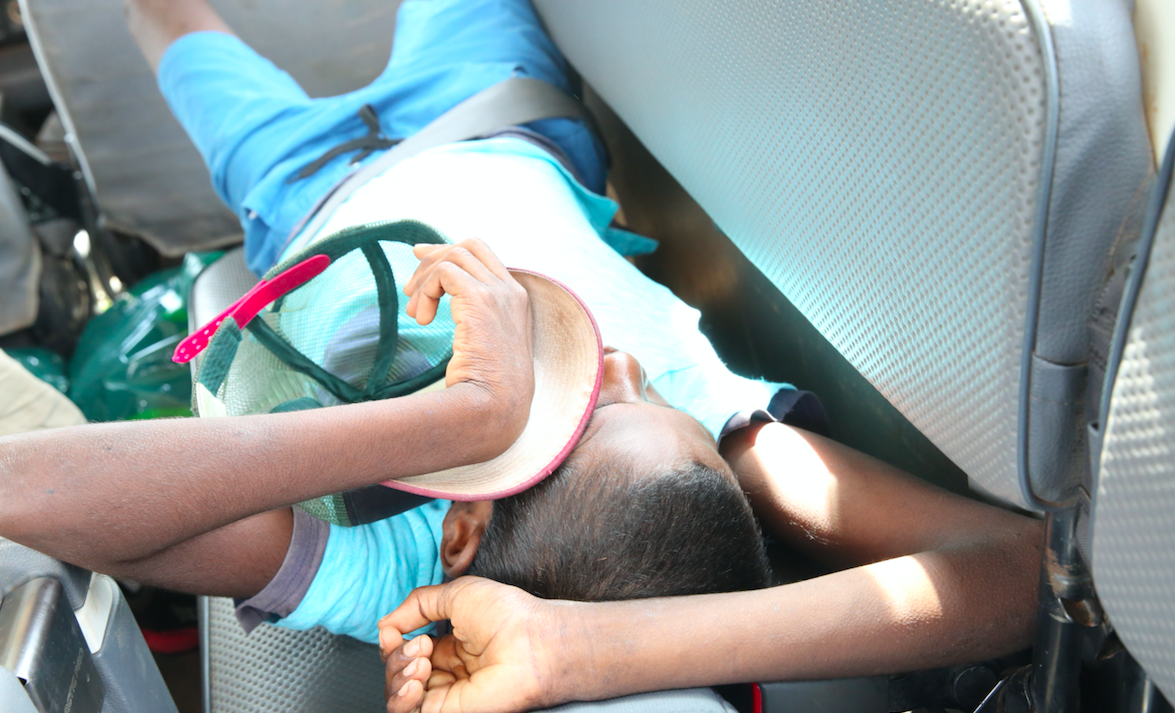
"I just wanted to get away from everything and me and my friends just started breaking into places to get food."
Standing in BushMob's administrative office, 13-year-old Jackson, whose name has been changed for this story, was about to be admitted to the program.
Jackson was tiny and looked much younger than his age. His story was a grim illustration of the link between substance misuse and the criminal justice system for young Aboriginal people in the NT.
"I was sniffing [fuel and aerosol cans]. It got really bad. I just wanted to get away from everything and me and my friends just started breaking into places to get food," Jackson said.
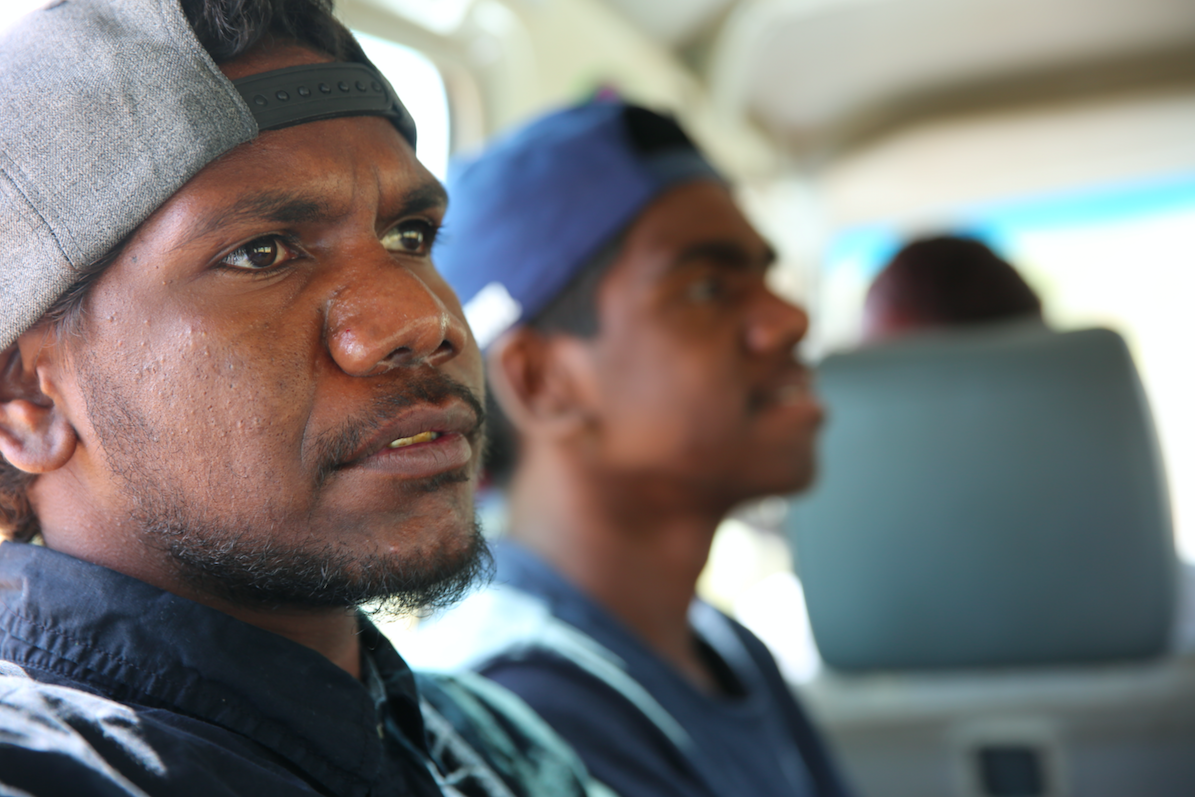
Tennant Creek's Sylvarni Hogan, 18, had a similar story: "I was sniffing petrol and I started when I was 13.
"I got into trouble with the law for mostly stealing. I stole a motorbike and I did it because I was bored and high."
If these teenagers weren't at BushMob they would in detention. According to the 2015 Northern Territory Youth Detention System report, 96% of the detention population is Aboriginal, and the majority have alcohol or substance abuse issues.
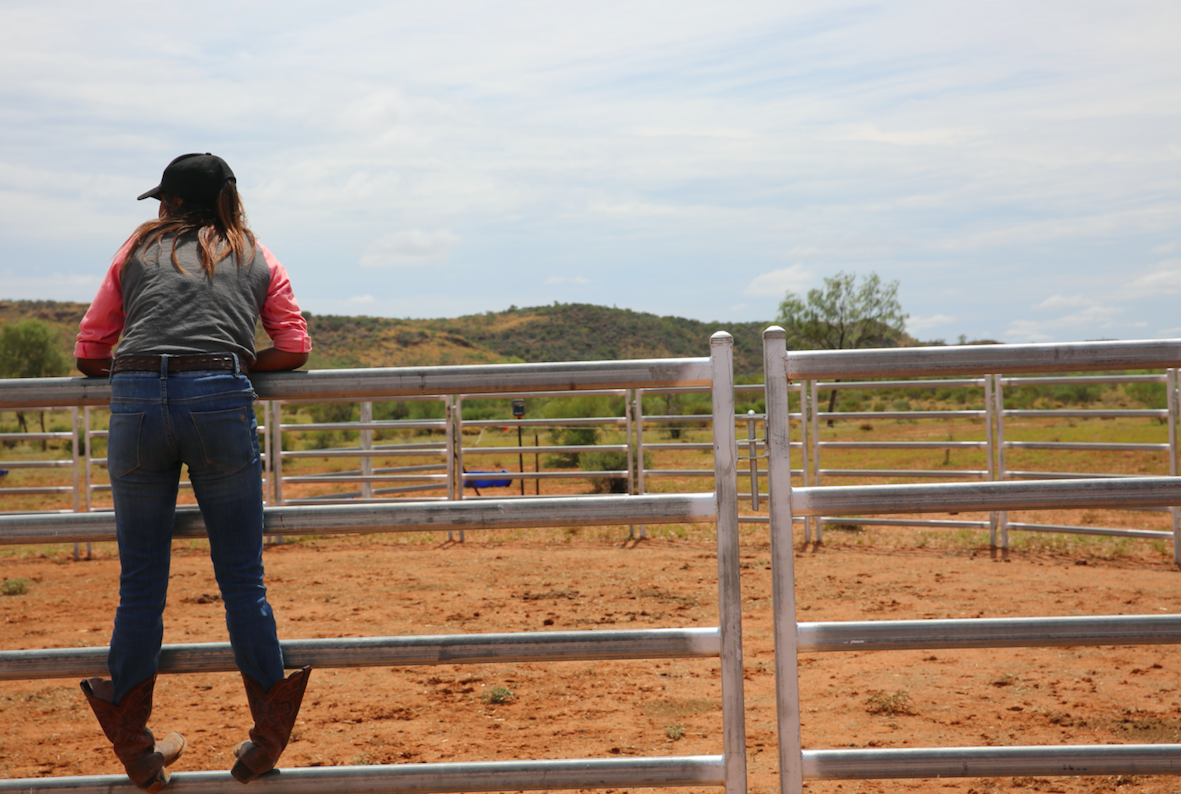
BushMob’s facility manager Nirajan Dharel told BuzzFeed News that while young people respond well to the treatment, it is not a cure-all.
He says that when Voller enters the program he will be "treated like everyone else, the simpler the better, away from all the craziness".
"We try and do whatever is physically possible for them in that four-month time frame but the problem is: what happens after the program?" Dharel said.
"Even the ones that have done fantastic in our program, like exceptionally well, give them two weeks and you hear something that they are back getting in trouble. There needs to be more investment in preventative programs. Hopefully the royal commission sees the value in supporting these kids and recommends more funding."
"I want to stay sober and I want to be more than my mum."
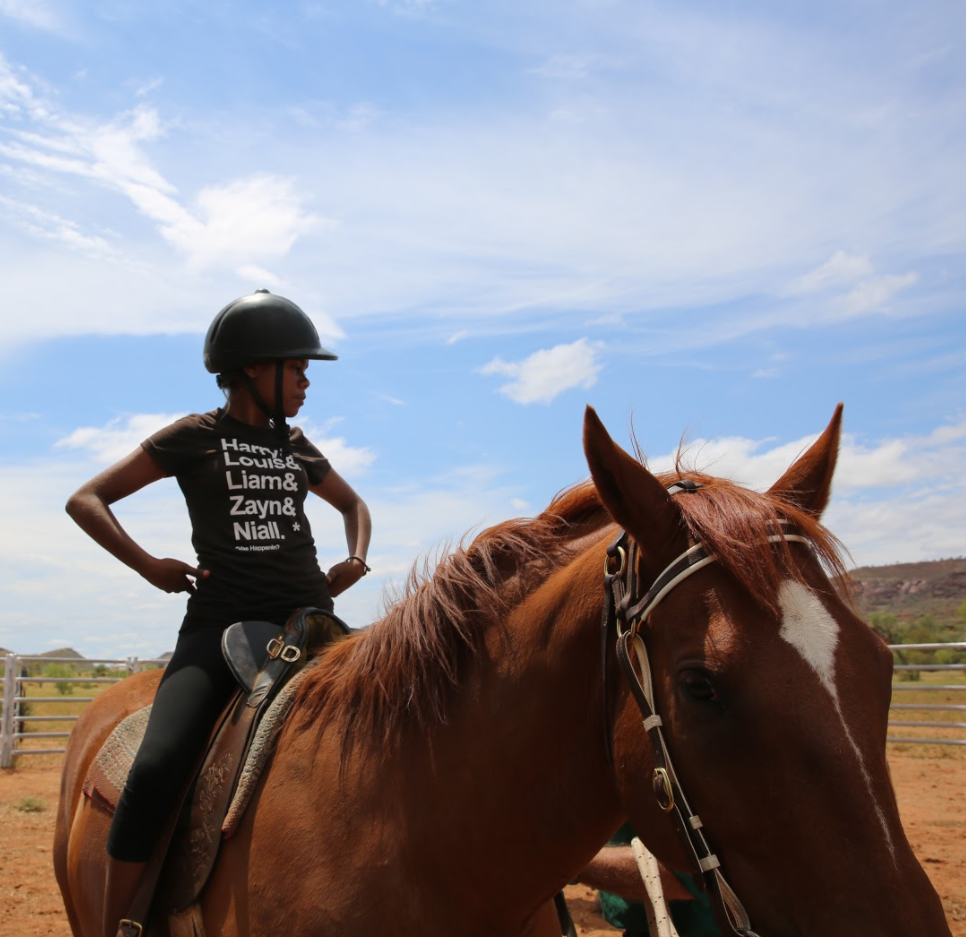
After her horse ride Martin said she was "so happy to be riding again".
Asked if she's scared of leaving BushMob and the safety that came with it, she admitted: "I am worried that people are jealous of my new life".
"My Nan passed away last year and my Pop died last week. I have got no-one, only my two big brothers. I want to stay sober and I want to be more than my Mum."
